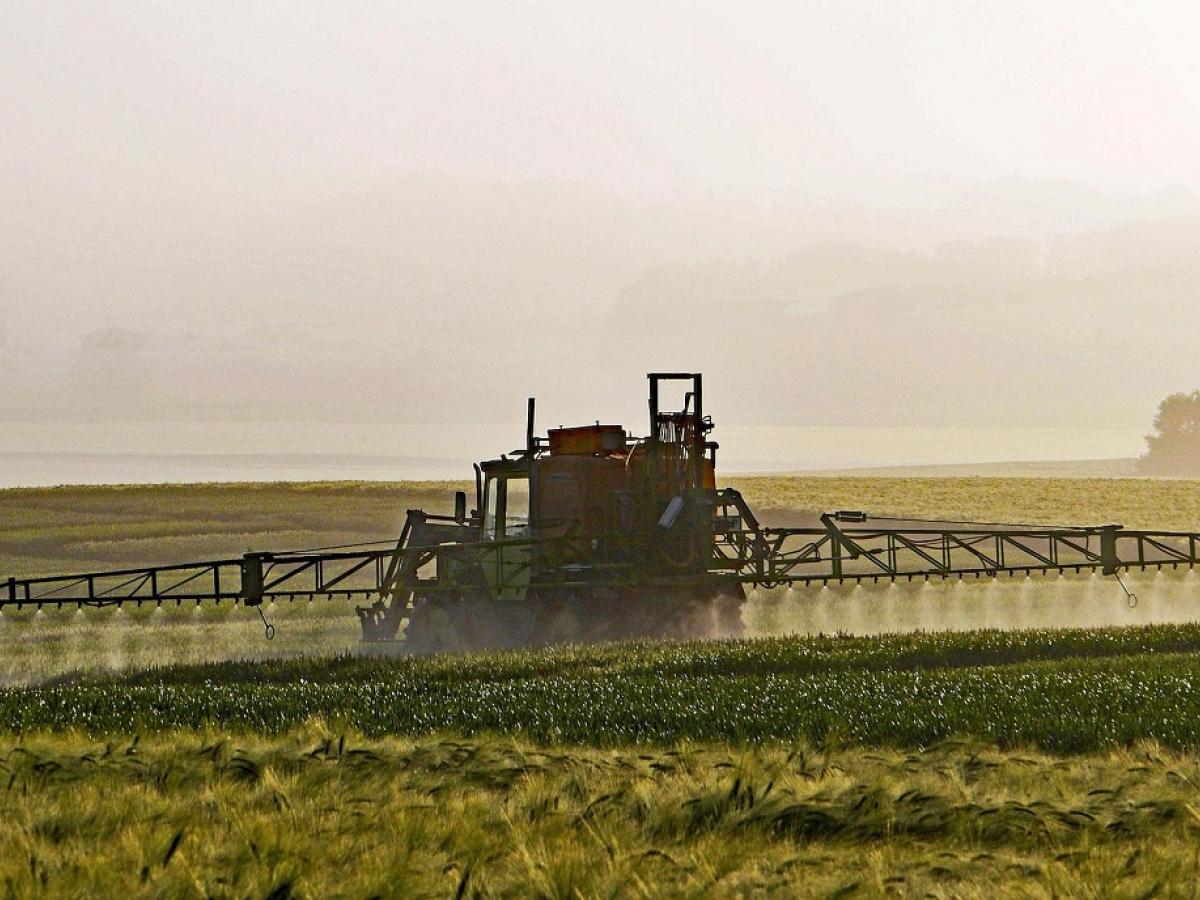
Researchers from the University of Adelaide and La Trobe University have identified herbicidal compounds that block two steps in the production of the amino acid lysine, which is essential for weed growth. Photo: Erich Westendarp/Pixabay.
Weeds cost Australian farmers more than $5 billion annually, but researchers from the University of Adelaide and La Trobe University have discovered a way to potentially stop them dead in their tracks.
"We have identified herbicidal compounds that work by blocking the production of the amino acid lysine, which is essential for weed growth," says lead researcher, Dr Tatiana Soares da Costa, a Future Making Fellow at the University of Adelaide's Waite Research Institute.
"This has the potential to be a game-changer for the agriculture sector, given the lack of new herbicides that have entered the market in the past 30 years."
Weeds have also developed resistance to many existing herbicides, resulting in farmers being unable to control them.
Dr Soares da Costa said the compounds target two steps in lysine production in weeds, which could lead to the development of multi-target herbicides for the first time.
"A multi-target herbicide could make it more difficult for weeds to evolve resistance, helping to prolong the efficacy of existing herbicides and improving crop quality and yield," she said.
"The development of new herbicides, especially multi-target herbicides, is a high priority to combat weeds that are resistant to herbicides.
"This research is particularly significant to Australia, where herbicide-resistant weeds have invaded more than 40 per cent of cropping land, resulting in a cost to farmers of more than $5 billion per year.
"This work will directly impact farmers by giving them the tools they need to overcome weeds and improve the quality and yields of crops.
"The next steps for this work will involve large-scale field trials and toxicology screening to ensure they are effective and safe to use."
"This research is particularly significant to Australia, where herbicide-resistant weeds have invaded more than 40 per cent of cropping land, resulting in a cost to farmers of more than $5 billion per year."Lead researcher, Dr Tatiana Soares da Costa, a Future Making Fellow at the University of Adelaide's Waite Research Institute.






